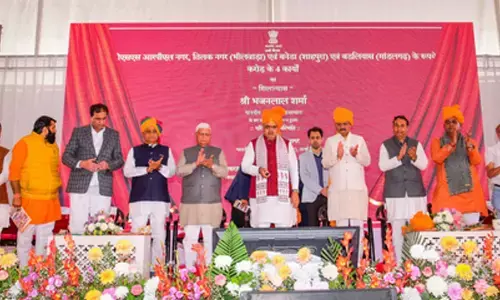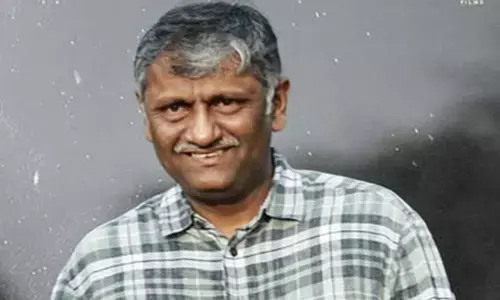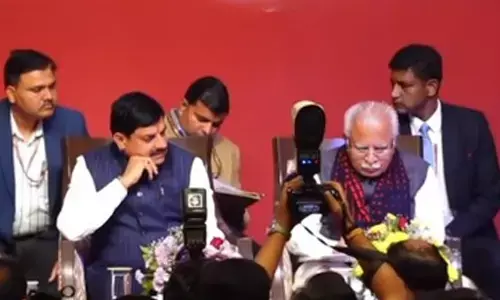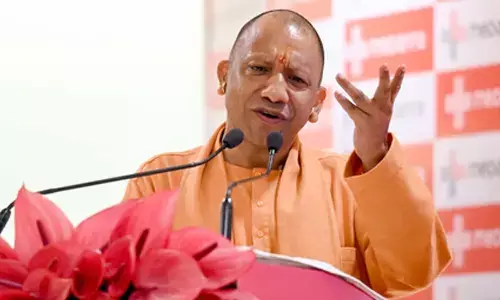Digital Revolution in Agriculture is major step to stop the movement of the youth from rural to urban and from farming to other professions, says Federation of All India Farmer Associations

- FAIFA lauded the Union Government for launching a digital revolution in agriculture
- By helping to eliminate crop failures through precise data and informed decision-making, Centre’s Rs14,000 crore schemes will arrest outmigration of youth from villages
- Will directly boost farm incomes, reminding successive generations of farmers to see merit in continuing
- Go a long way in ensuring food security for India
The Federation of All India Farmer Associations (FAIFA)— a non-profit body representing millions of farmers and farm workers of commercial crops across Uttar Pradesh, Gujarat, Maharashtra, Andhra Pradesh, Telangana, Karnataka etc—has lauded the Union Government for launching a digital revolution in agriculture which would go a long way in arresting the exodus of youth from agriculture.
Emphasizing that the Union government’s recent launch of a bouquet of seven revolutionary agri schemes worth over Rs 14,000 crore was a “life line” for this sector, Mr. Javare Gowda, President, FAIFA, said, “This new scheme is not just about technological integration. This will help in relieving agrarian distress caused by climate variations and market uncertainties that have made agriculture unlucrative for our youth. We thank the Union government for such far-sighted vision for rejuvenating agriculture on the lines of the success of the digital revolution.”
These schemes are likely to create new jobs, and the demand and creation of different skill sets will open more opportunities for the youth of rural India in the times to come. In addition, the youth sensing greater openings will not feel the desperation to move to the cities and this will also reduce the current high pressure on the cities. In fact, reverse migration could happen and we could see a more balanced urban-rural development.
There is also focus on integrating cutting-edge technologies like AI, big data, and remote sensing with agri in India. One of the important areas is the 'Digital Agriculture Mission' with a financial allocation of ₹2,817 crore, totaling an investment of ₹13,966 crore, aimed at revitalizing India’s agricultural sector. A key element of the Digital Agriculture Mission (DAM) is the development of an Agri Stack, which will encompass a Farmers Registry, Village Land Maps Registry, and Crop Sown Registry. This Agri Stack will act as a comprehensive database, maintaining detailed records on farmers, land use, and crop patterns.
Another vital component of the mission is the Krishi Decision Support System. This system will utilize geospatial data, drought and flood monitoring, weather and satellite information, and groundwater availability to help farmers make informed decisions. It will also include crop yield and insurance modelling tools to assist farmers in planning and risk management.
Murali Babu, General Secretary, FAIFA, added: “The digital revolution in agriculture will be a great disruptor, in so far as it has the potential to generate millions of jobs in core as well as allied fields. This digitisation will not just infuse lifeblood into the sector, but will ensure that it continues to be the largest employer in India. The efficiencies that digital revolution will build into agriculture will have a domino effect on India’s ambition to be the second biggest economy in the world.”
The government aims to use these initiatives to equip farmers with climate-resilient crop sciences and ensure food security by 2047. The funds will also modernize agricultural research and education in line with the New Education Policy 2020.










